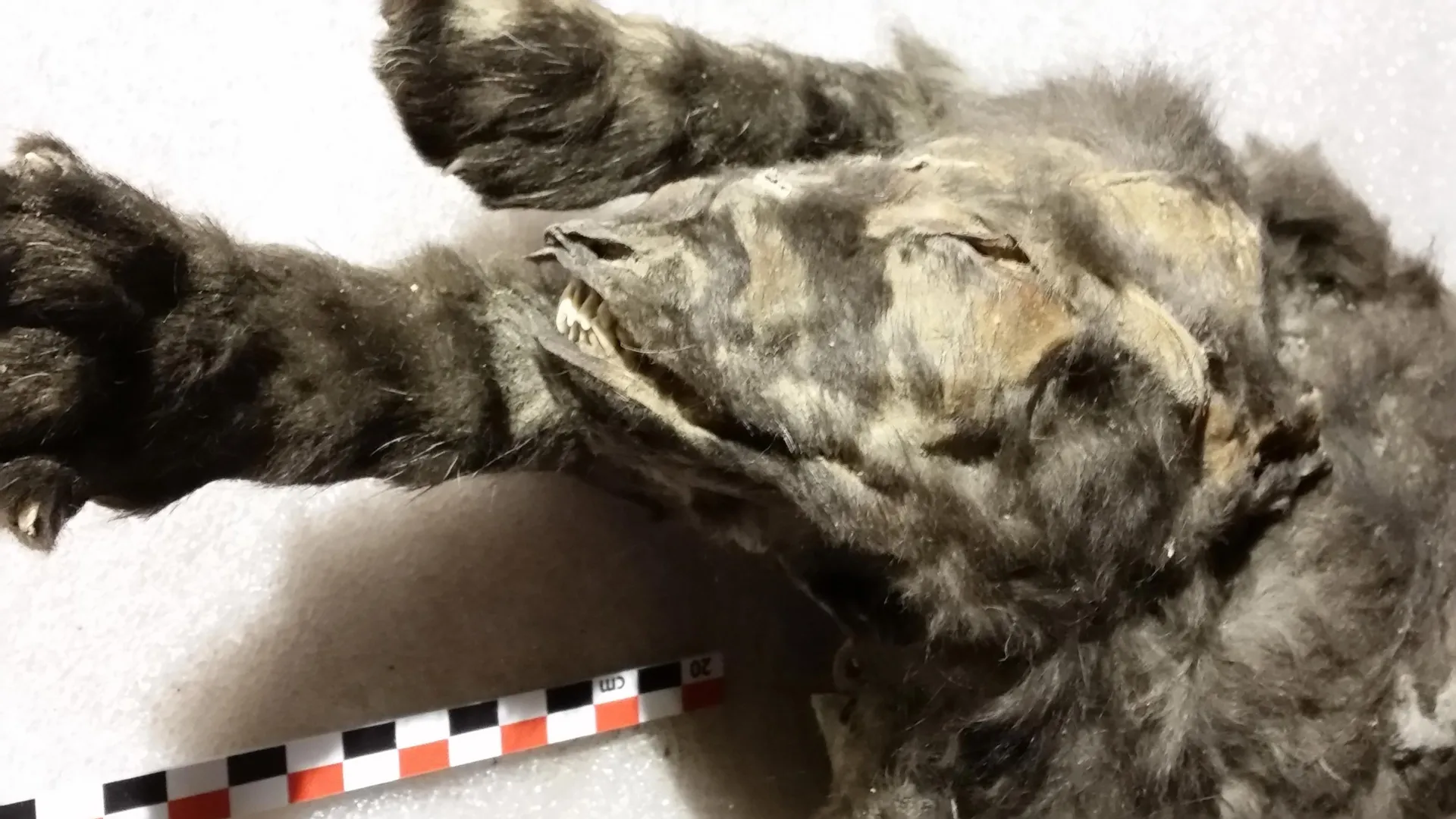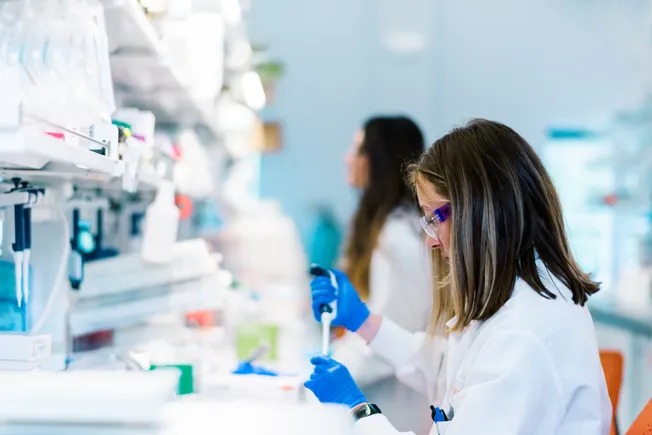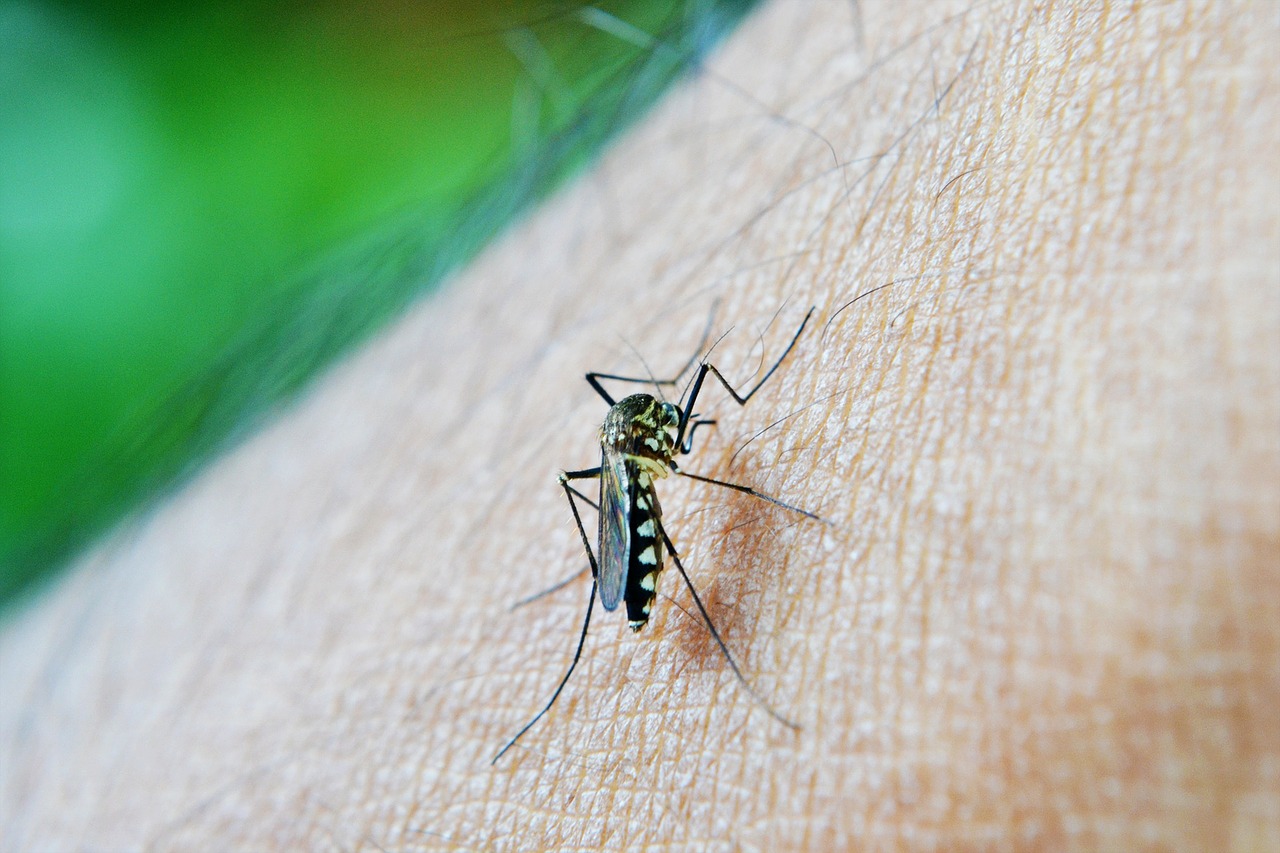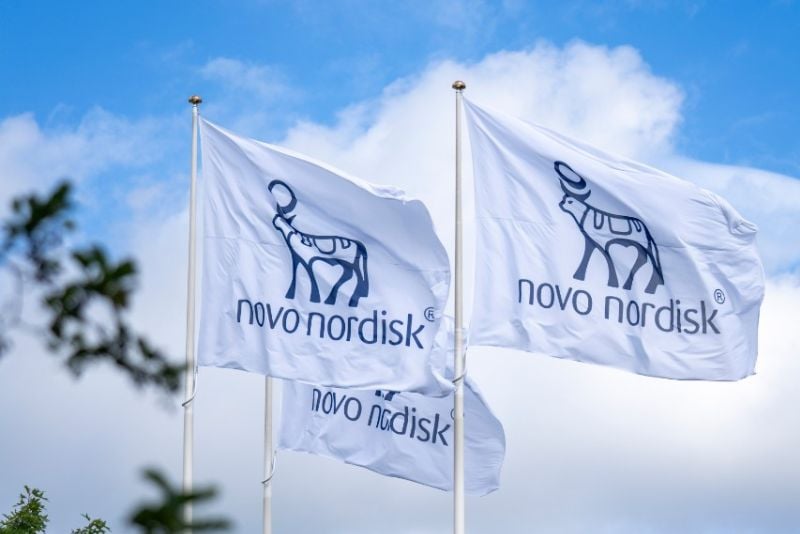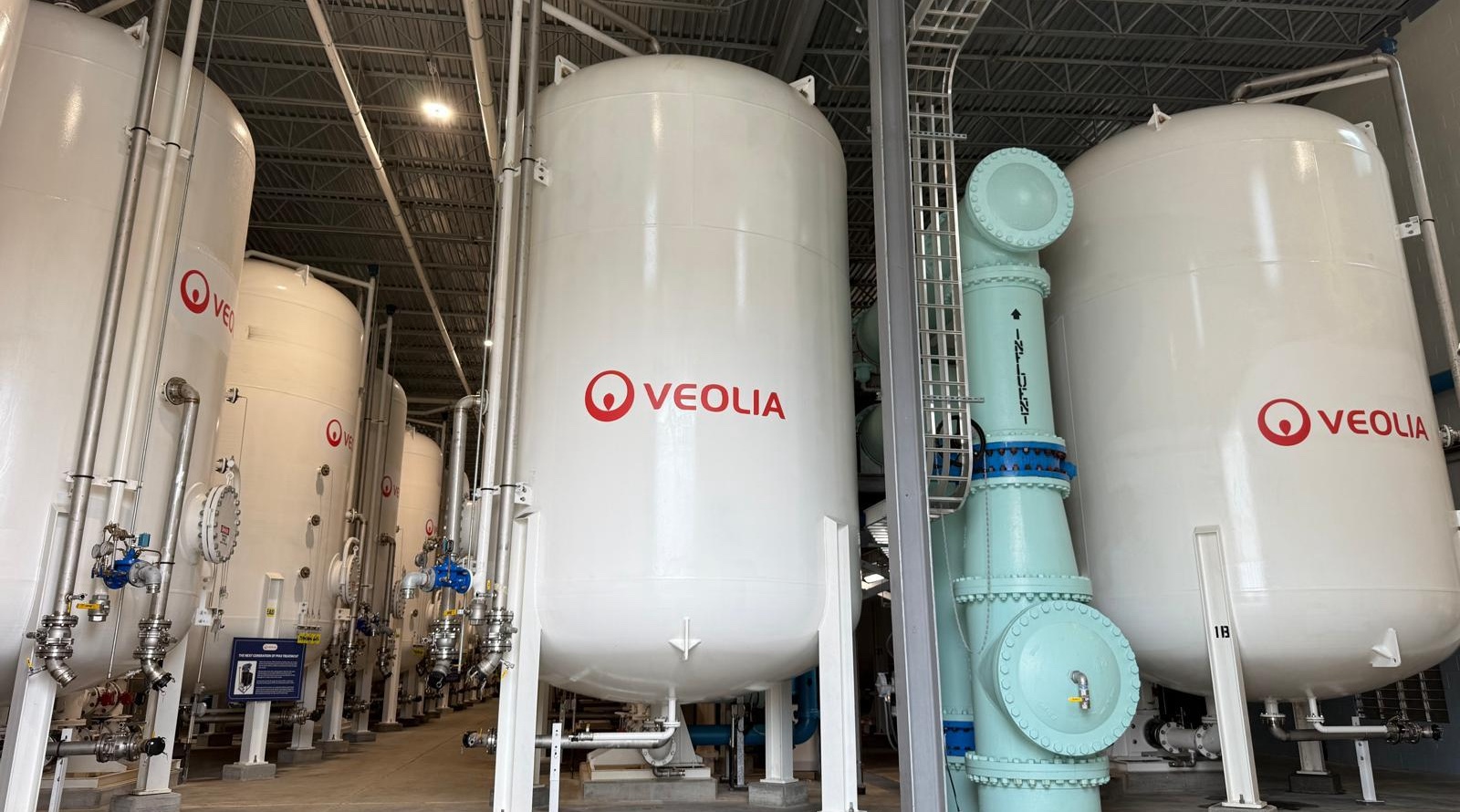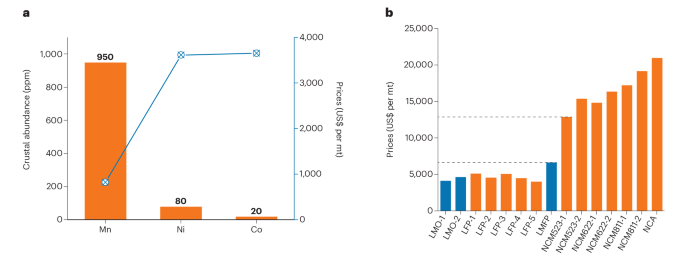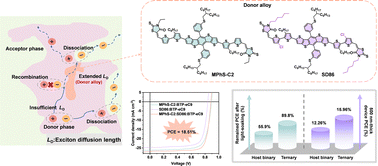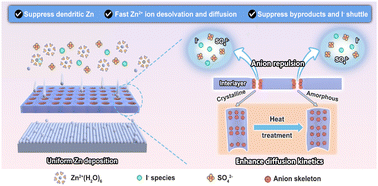STAT+: Pharmalittle: We’re reading about FDA probing deaths after Sarepta treatment, a Regeneron plan for charities, and more
The FDA is investigating two deaths in non-ambulatory Duchenne muscular dystrophy patients who received a Sarepta gene therapy

Hello, everyone, and how are you today? We are doing just fine, thank you, especially since the middle of the week is already upon us. After all, we have made it this far — despite the impressively high temperatures — so we have decided to hang on for another couple of days. And why not? Given the likely alternatives, this seems to be a reasonable decision. To make the time fly, we are firing up the trusted coffee kettle and brewing another cup of stimulation. Our choice today is pistachio creme, which occupies a prominent spot in our pantry. But now, the time has come to get cracking. Here are a few items of interest to help you get started. We hope you have a lovely day, and do keep in touch. Feedback, tips, and suggestions are always welcome. …
The U.S. Food and Drug Administration is investigating reports of two deaths due to acute liver failure in non-ambulatory Duchenne muscular dystrophy patients after receiving a Sarepta Therapeutics gene therapy called Elevidys, Reuters notes. Earlier this month, Sarepta reported a second death in a patient who had received its gene therapy, which raised concerns about the safety and future demand for the treatment. The patients who died were a 16-year-old, weighing 154 pounds, and a 15-year-old, weighing 110 pounds. Both boys were non-ambulatory and their deaths occurred within 90 days after treatment, the company told analysts last week in an investor call. The two patients showed signs of acute liver failure and were hospitalized less than two months after treatment with Elevidys, according to the FDA, which added that it is evaluating the need for further regulatory action. The U.S. prescribing information for Elevidys warns of acute liver injury but does not mention liver failure or death. Elevidys, approved by the FDA in 2024 for ambulatory Duchenne muscular dystrophy patients aged 4 and older, is the only gene therapy available for the disease.
In a bid to rework the controversial relationship between drugmakers and patient charities, Regeneron Pharmaceuticals has announced a new program in which it will match up to $200 million in donations this year to a leading foundation called Good Days, STAT explains. The move comes after Regeneron several months ago slashed its funding to the charity, an unexpected step that appeared largely designed to blunt the use of eye medicines sold by rivals, but one that has reduced patient access and, in turn, sparked concern among investors and physicians. Indeed, that decision has slowed the company’s revenue growth and has prompted some ophthalmologists to complain their patients have been losing access to needed treatments. The development reflects the competitive calculus of the multibillion-dollar market for expensive eye medicines that threatens to get increasingly crowded, especially now that a biosimilar version of a Regeneron drug is available. The Regeneron move also appears rooted in ongoing challenges that drugmakers face when bankrolling charities in ways that have drawn scrutiny from U.S. government officials.
